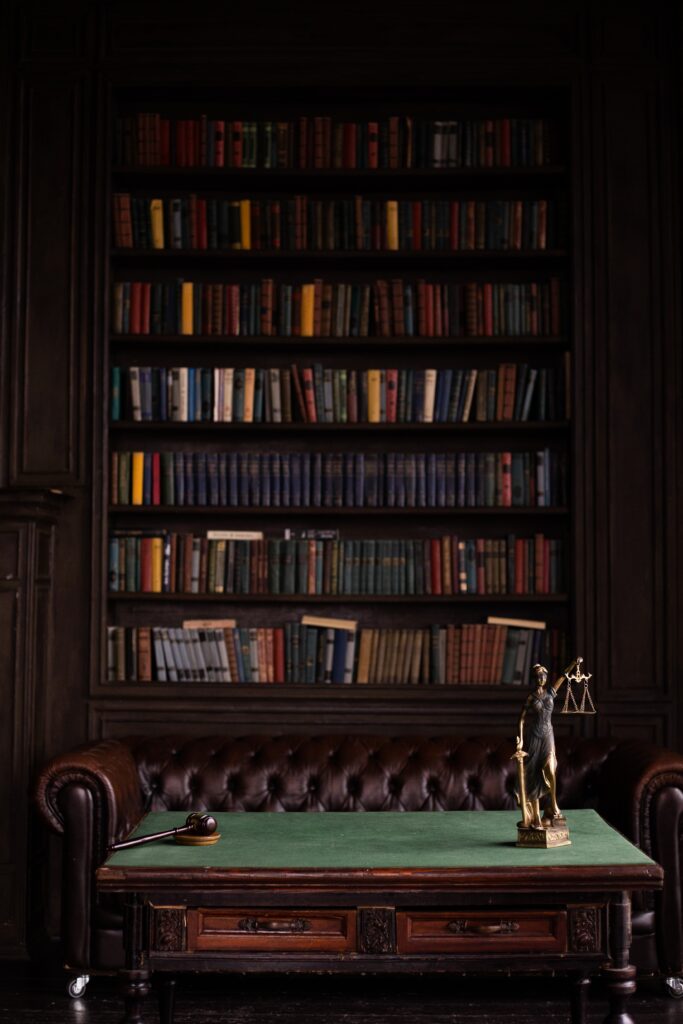FACTS:
Two separate Petitions were filed before this Court 1) by the surviving partners of Atty. Alexander Sycip, who died on May 5, 1975, and 2) by the surviving partners of Atty. Herminio Ozaeta, who died on February 14, 1976, praying that they be allowed to continue using, in the names of their firms, the names of partners who had passed away. The Petitions were ordered consolidated.
Petitioners argue that:
1. Under the law, a partnership is not prohibited from continuing its business under a firm name which includes the name of a deceased partner;
2. In regulating other professions, such as accountancy and engineering, the legislature has authorized the adoption of firm names without any restriction as to the use, in such firm name, of the name of a deceased partner;
3. The Canons of Professional Ethics are not transgressed by the continued use of the name of a deceased partner in the firm name of a law partnership because Canon 33 of the Canons of Professional Ethics adopted by the American Bar Association declares that:
“. . . The continued use of the name of a deceased or former partner when permissible by local custom, is not unethical, but care should be taken that no imposition or deception is practiced through this use. . . .”
4. There is no possibility of imposition or deception because the deaths of their respective deceased partners were well-publicized in all newspapers of general circulation for several days;
5. No local custom prohibits the continued use of a deceased partner’s name in a professional firm’s name;
6. The continued use of a deceased partner’s name in the firm name of law partnerships has been consistently allowed by U.S. Courts and is an accepted practice in the legal profession of most countries in the world.
The same issues were raised before the Supreme Court involving a law firm which included in its firm name that of a deceased partner, C.D. Johnston. The matter was resolved with this Court advising the firm to desist from including in their firm designation the name of C. D. Johnston, “who has long been dead.”
Similarly, in the case of the law firm of Perkins and Ponce Enrile, which prayed that the continued use of the firm name “Perkins & Ponce Enrile” be held proper, the Court ruled that, in view of the personal and confidential nature of the relations between attorney and client and the high standards demanded in the canons of professional ethics, no practice should be allowed which even in a remote degree could give rise to the possibility of deception. Said attorneys are accordingly advised to drop the name “PERKINS” from their firm name.
Petitioners herein now seek a re-examination of the policy thus far enunciated by the Court.
ISSUE:
Whether the use by law firms of the names of deceased partners is permissible and ethical.
RULING:
The Court finds no sufficient reason to depart from the rulings thus laid down.
A. Inasmuch as “Sycip, Salazar, Feliciano, Hernandez and Castillo” and “Ozaeta, Romulo, De Leon, Mabanta and Reyes” are partnerships, the use in their partnership names of the names of deceased partners will run counter to Article 1815 of the Civil Code which provides:
“Art. 1815. Every partnership shall operate under a firm name, which may or may not include the name of one or more of the partners.
“Those who, not being members of the partnership include their names in the firm name, shall be subject to the liability of a partner.”
It is clearly tacit in the above provision that names in a firm name of a partnership must either be those of living partners and, in the case of non-partners, should be living persons who can be subjected to liability.
A partnership for the practice of law cannot be likened to partnerships formed by other professionals or for business.
“A partnership for the practice of law is not a legal entity. It is a mere relationship or association for a particular purpose. . . . It is not a partnership formed for the purpose of carrying on trade or business or of holding property.” Thus, it has been stated that “the use of a nom de plume, assumed or trade name in law practice is improper.”
The usual reason given for different standards of conduct being applicable to the practice of law from those pertaining to business is that the law is a ‘profession.’
“Primary characteristics which distinguish the legal profession from business are:
1. A duty of public service, of which the emolument is a by-product, and in which one may attain the highest eminence without making much money.
2. A relation as an ‘officer of court’ to the administration of justice involving thorough sincerity, integrity, and reliability.
3. A relation to clients in the highest degree fiduciary.
4. A relation to colleagues at the bar characterized by candor, fairness, and unwillingness to resort to current business methods of advertising and encroachment on their practice, or dealing directly with their clients.”
The right to practice law is not a natural or constitutional right but is in the nature of a privilege or franchise. It is limited to persons of good moral character with special qualifications duly ascertained and certified. The right does not only presuppose in its possessor integrity, legal standing and attainment, but also the exercise of a special privilege, highly personal and partaking of the nature of a public trust.
In fine, petitioners’ desire to preserve the identity of their firms in the eyes of the public must bow to legal and ethical impediments.
ACCORDINGLY, the petitions filed herein are denied and petitioners advised to drop the names “SYCIP” and “OZAETA” from their respective firm names.

